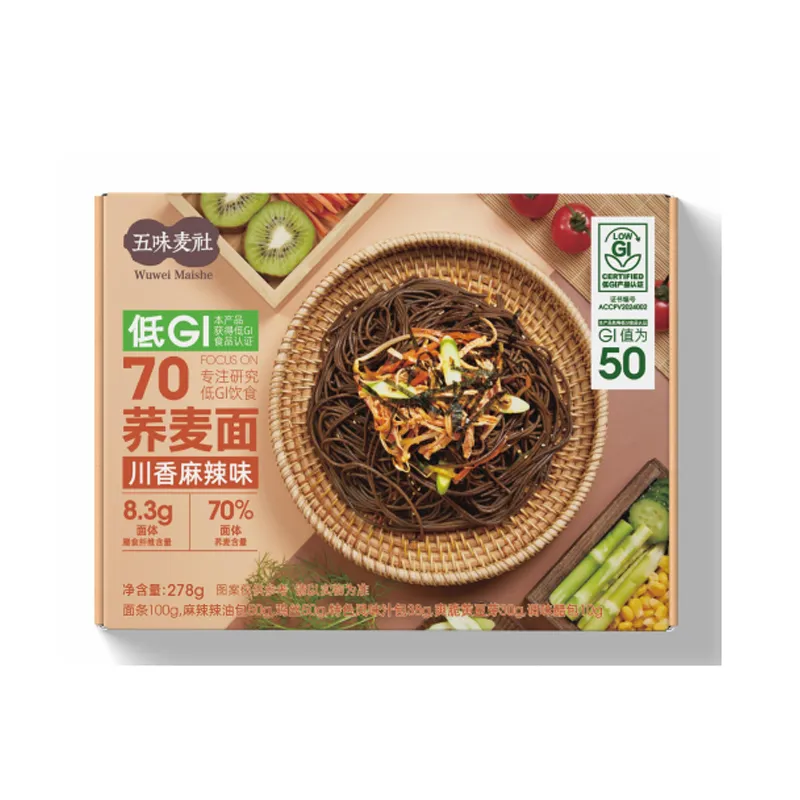italian vermicelli
The Delights of Italian Vermicelli A Culinary Journey
Vermicelli, often recognized as a delicate type of pasta, holds a special place in Italian cuisine. Originating from the Italian word meaning “little worms,” vermicelli is thinner than spaghetti yet thicker than capellini, creating a unique texture that makes it a favorite for a variety of dishes. Its versatility and ability to absorb flavors have made it a staple in both traditional and contemporary Italian cooking.
A Brief History of Vermicelli
Vermicelli has its roots in Southern Italy, particularly in regions like Campania and Sicily, where the pasta-making tradition is rich and deeply embedded in the culture. The earliest mentions date back to the 12th century when pasta was first drying under the sun and gaining popularity. Historically, vermicelli was made using hard durum wheat, allowing it to maintain its shape and firmness when cooked.
As pasta spread across the world, variations emerged, especially in Asian cuisines where similar noodle forms are also prevalent. However, the Italian version remains distinct due to the specific methods of preparation and the ingredients used. In Italy, it is often made fresh or dried, depending on the dish being prepared.
Cooking Vermicelli
One of the remarkable aspects of vermicelli is its cooking time. Typically, it cooks in about 4-6 minutes, making it an excellent choice for quick meals. The process is simple boil water, add salt, and immerse the vermicelli until it is al dente. The key is to avoid overcooking, as overdone pasta can become mushy and lose its delightful texture.
In Italian households, vermicelli is often served with a variety of sauces. A classic preparation involves tossing it with olive oil, garlic, and fresh herbs like basil or parsley, creating a dish that highlights the purity of the ingredients. This simplicity allows the natural flavors of the vermicelli to shine through.
italian vermicelli

Vermicelli Dishes to Try
There are countless ways to enjoy vermicelli in Italian cuisine, each offering a unique taste experience. One popular dish is “Vermicelli alla Puttanesca,” which features a robust tomato sauce infused with olives, capers, garlic, and anchovies. The bold flavors of the sauce harmonize beautifully with the delicate pasta, resulting in a satisfying meal.
Another beloved preparation is “Vermicelli with Pesto.” The fresh basil, garlic, pine nuts, and Parmesan cheese create a vibrant sauce that clings to each strand, delivering bursts of flavor in every bite. This dish is especially popular during the summer months when fresh basil is abundant.
For a heartier option, “Vermicelli al Forno” is a baked dish that combines pasta with various ingredients such as peas, ham, and béchamel sauce, then baked to perfection. The top becomes golden and slightly crispy, while the inside stays creamy and flavorful—a true comfort food.
A Culinary Symbol
Beyond its delicious taste and versatile nature, vermicelli symbolizes the essence of Italian cuisine simple ingredients brought together to create something extraordinary. Each bite of vermicelli tells a story—a history of tradition, family gatherings, and culinary experimentation.
In conclusion, whether you are a seasoned chef or a home cook looking to elevate your meals, incorporating vermicelli into your culinary repertoire opens a world of flavors and possibilities. Embrace this delightful pasta, and let your imagination guide you through a rich tapestry of Italian flavors that vermicelli has to offer. From classic dishes to creative twists, the journey through the land of vermicelli is sure to be a rewarding one.
-
Is Whole Wheat Pasta Healthy?NewsMay.30,2025
-
Are Soba Noodles Good for Weight Loss?NewsMay.30,2025
-
Are Buckwheat Soba Noodles Healthy?NewsMay.30,2025
-
Are Buckwheat Soba Noodles Gluten Free?NewsMay.30,2025
-
Are Buckwheat Noodles Good for You?NewsMay.30,2025
-
A Healthy Way to Savor Soba and Spicy FlavorsNewsMay.30,2025
-
What Are Lanzhou Noodles?NewsMay.30,2025
Browse qua the following product new the we

















































































































